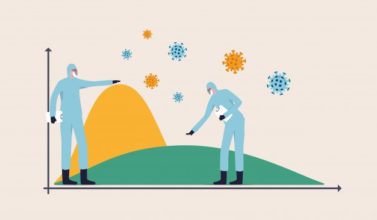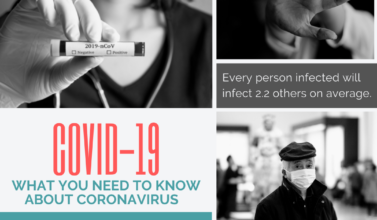BREATHE is your free guide to a happier mindset. Don’t worry if you have no experience with meditation or breathing techniques. We guide you through the very basics.
What is the proof?
Scientific research shows meditation can help reduce stress, anxiety and other mental health problems, which results in a healthier, HAPPIER life. There is sufficient evidence that intentional deep breathing can actually calm and regulate the autonomic nervous system.
As early as the first millennium B.C., the Tao religion placed importance on a “vital principle” that flows through the body, a kind of energy and viewed respiration as one of its manifestations. They called this energy qi (CHI).
Through modern day science and understanding of physiology can help to explain why controlled breathing induces a state of relaxation.
Everyone knows that emotions affect the body. When you are feeling calm and safe, at rest, or engaged in a pleasant social exchange, your breathing slows and deepens. The influence of the parasympathetic nervous system produces a relaxing effect.
Conversely, when you are feeling frightened, in pain, or tense and uncomfortable, your breathing speeds up and becomes shallower. The sympathetic nervous system, which is responsible for the body’s various reactions to stress, is activated.
Stress
The main stress related hormone is cortisol. It’s best known for helping fuel your body’s fight-or-flight instinct alongside managing how your body utilizes carbs, increases blood sugar, regulates blood pressure and so on.
In a dangerous situation, cortisol is good. However once the danger has passed and your cortisol levels don’t go down, it can derail your body’s important functions, which then leads to other problems.
Your body has the same response to a stressful traffic jam as it does to this snake. In our stress- filled environments that exist today, it’s no wonder the modern day human has such issues with stress-related ailments.
Diaphragm breathing and meditation have scientifically proven to reduce 50% of cortisol after consistently practicing deep breathing techniques.
In-fact another study proved that deep breathing exercise reduced PTSD symptom severity among individuals with subclinical features of PTSD.
Anxiety
Anxiety is your body’s natural response to fear of apprehension about what is to come. You can feel the onset of anxiety in your body. You may feel your heart beating faster, a sense of impending danger, sweat, restless or even trembling.
So how do you manage a natural physiological response? By countering it with your own desired response.
Meditation and certain breathing techniques utilize cardiac coherence. Cardiac coherence uses biofeedback to coordinate your breathing with heart rate. Slow, steady diaphragmatic breathing stimulates the vagus nerve, which triggers the parasympathetic nervous system’s relaxation response.
Research shows that slow breathing techniques increases Heart Rate Variability as well as other activities in the central nervous system (such as increased alpha waves) in areas related to emotional control and psychological well-being.
Hypertension
Hypertension, or high blood pressure, is very common these days. When the blood pressure is elevated, the force the blood puts on the walls of the arteries is high and can lead to artery damage. The heart muscle has to pump blood against a high blood pressure, and as a result it thickens and enlarges, just like any muscle would when you put extra load on it.
Research shows that paced breathing, and particularly slow breathing at such as 6 cycles per minute (such as the 365 breathing method), reduces blood pressure in hypertensive patients. The reduction in blood pressure during slow breathing is associated with an increase in the vagal arm of baroreflex sensitivity, indicating a change in autonomic balance, related to a reduction in sympathetic activity.
This suggests that cardiovascular and the respiratory abnormalities could be modified by adoption of a specific breathing patterns and exercises.
Happiness
What’s the first thing someone tells you when you’re on the verge of a meltdown?
That’s right, it’s ‘Take a deep breath’. There is a reason why that saying exists.
Deep breathing stimulates the parasympathetic nervous system, which guides the body from stress to relaxation. When we’re relaxed, our heart rates slows, blood pressure lowers and digestion improves.
Most important of all, controlling your breathing ALSO calms your brain.
A recent study showed that controlling breathing by counting breaths influences “neuronal oscillations throughout the brain,” particularly in regions related to emotion. Slow, controlled breathing decreases activity in that region; fast, erratic breathing increases activity, which in turn influences emotional states.
Simple controlled breathing exercises like the 365 method may work by regulating your brainwaves to induce desired emotions.
By consciously controlling your breathing, you can train which response in your nervous system to activate, and thereby control the neurotransmitters in your body to experience the desired emotion.
So why not try to be happier?


